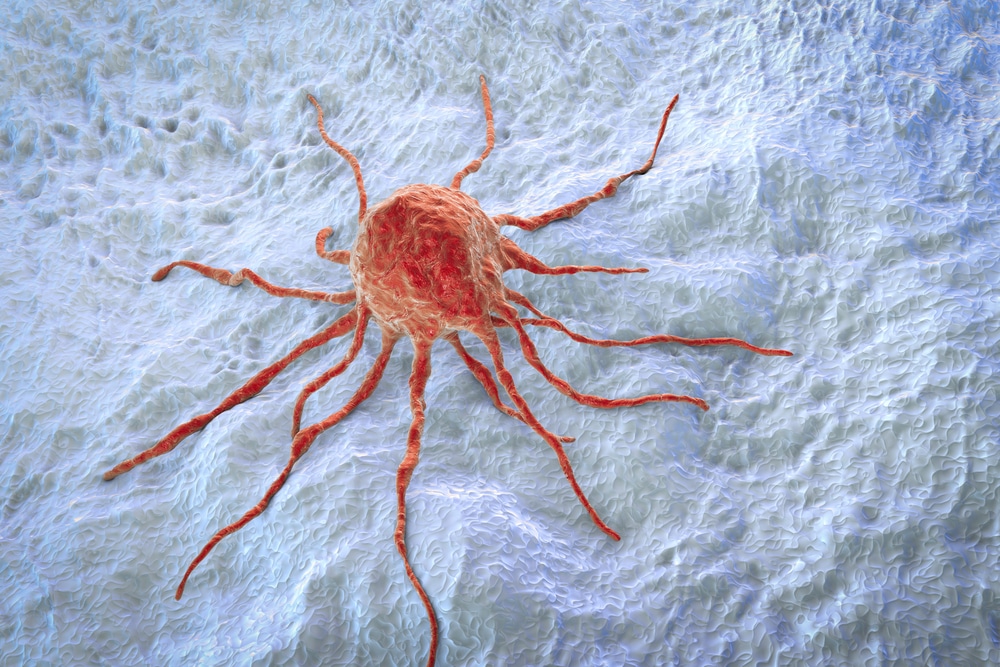Newsletter Signup - Under Article / In Page
"*" indicates required fields
Neukio Biotherapeutics, a Chinese company committed to developing novel cell therapy products, has closed $50 million in a series A-1 funding round.
The investment round was led by CD Capital, with the participation of Alwin Capital and Surplus Capital as new investors. Existing shareholders Lilly Asia Ventures, Sherpa Healthcare Partners and IDG Capital have continued to support the company with additional funding.
The funds will be used for accelerating the preclinical and clinical validation of induced pluripotent stem cell (iPSC)-derived off-the-shelf CAR-NK cell therapy products, and supporting team recruitment and expansion.
Neukio Biotherapeutics, founded at the Simbay Park in Shanghai Pilot Free Trade Zone (China) in June 2021, is a biotherapeutic company focusing on the development and commercialization of next generation immune cell therapy.
Neukio Biotherapeutics pipeline strategy
Neukio’s management team has established an iPSC-CAR-NK-based pipeline development strategy, aiming to launch allogenic off-the-shelf cell therapy products that can be produced in scale for treating solid tumors.
The company focuses on in-house R&D innovation and global collaboration to provide clinical solutions for cancer patients worldwide.
Richard Liqun Wang, founder, chairman and CEO of Neukio Biotherapeutics and former founding CEO of Fosun Kite Biotechnology Co., Ltd., has successfully brought China’s first CAR-T cell therapy product Yescarca (Axicabtagene Ciloleucel) to the market in less than four years, laid foundation for the cell therapy industry in China.
To address the challenges in manufacturing, clinical application, and patient access of autologous cell therapy, Wang and the Neukio Biotherapeutics team are aiming to create novel cell therapies for the benefit of cancer patients by exploiting the clonality and unlimited replication capability of iPSCs in conjunction with cutting-edge gene editing technologies.
Wang said: “In as little as 10 months since the operation of our new laboratories, not only have we completed several signaling pathway modifications and CAR designs tailored for solid tumors, but also we have made significant progress in the development of innovative manufacturing processes of NK differentiation and expansion.
“The field of cell therapy is rapidly advancing with a promising future and a huge market potential, and iPSC-CAR-NK therapy has the potential to become one of the brightest stars of next generation cell therapy.”
Oncology R&D trends and breakthrough innovations







